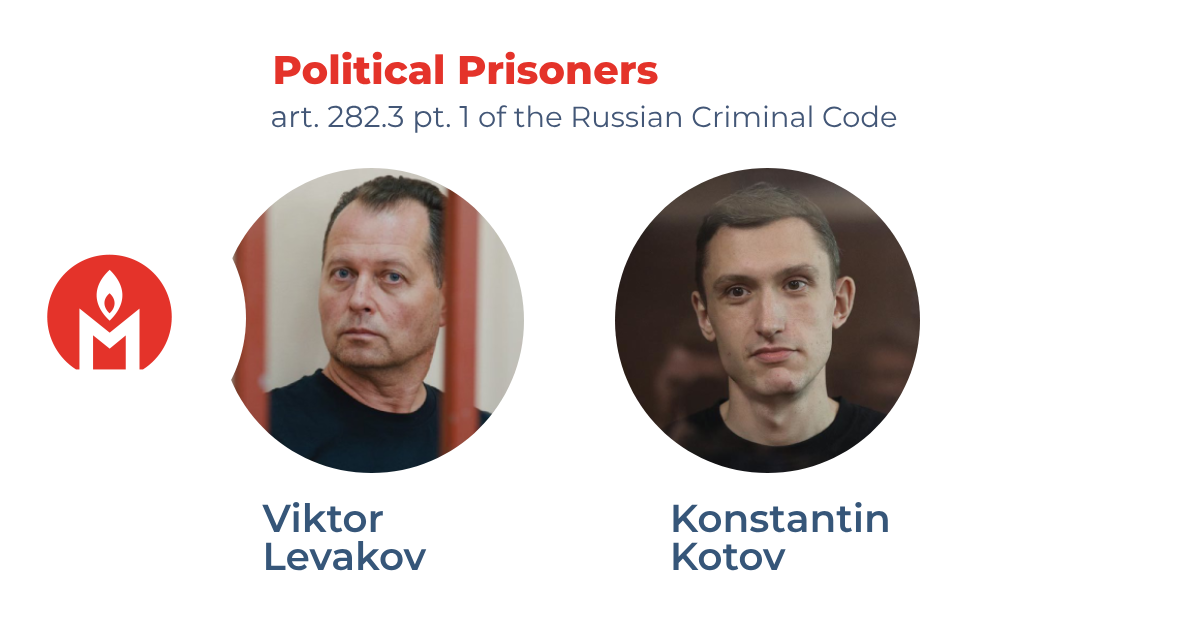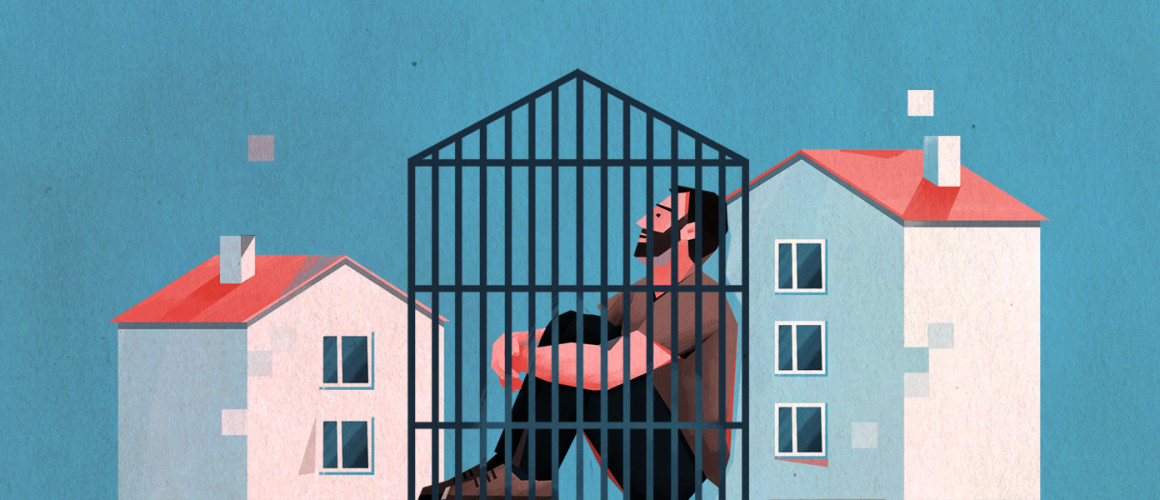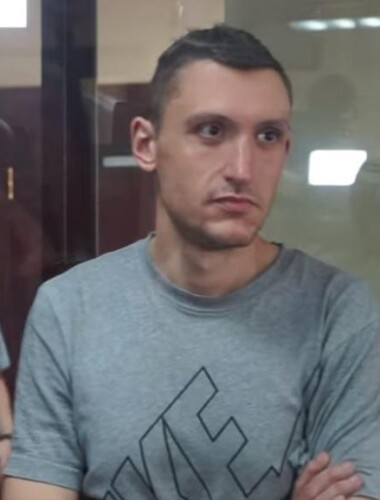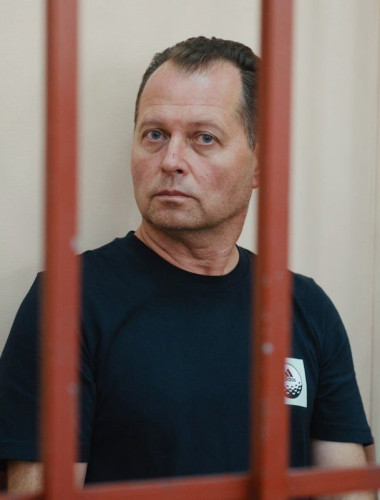Konstantin Kotov and Viktor Levakov are political prisoners
Two Moscow activists have been charged with financing extremism for donating to Aleksei Navalny’s Anti-Corruption Foundation
The ‘Support for Political Prisoners. Memorial’ human rights project, in accordance with international standards, considers Konstantin Kotov and Viktor Levakov as political prisoners. The two men have been placed under house arrest on charges of financing extremist activities for making donations to the Anti-Corruption Foundation. Their prosecution violates the right to freedom of speech, freedom of association, and fair trial. We demand the immediate release of Kotov and Levakov and that all criminal charges related to donating to the Anti-Corruption Foundation be dropped.

What is the basis for the prosecutions for donating to the Anti-Corruption Foundation?
On 9 June 2021, Moscow City Court declared three of Aleksei Navalny’s organisations, including the Anti-Corruption Foundation, extremist. The decision came into effect on 4 August 2021.
The following day, Navalny’s team appealed to supporters for financial help and suggested using the Stripe online payment service for donations, which promised anonymity.
On 6 September 2022, the first criminal prosecutions for donations to the Anti-Corruption Foundation were made public. According to our sources, since then charges of financing extremism (Article 282.3, Part 1, of the Russian Criminal Code) have been brought against at least 24 individuals. Initially, the authorities exploited a technical error that occurred on the first day of fundraising: some payment confirmations contained text markers indicating their intended purpose. Subsequently, the law enforcement authorities used information about the identification number of the recipient of the payment in an American bank to bring charges against the payees, although the connection of this identification number to the Anti-Corruption Foundation has not been proven.
At least 15 people have already been sentenced to large fines or suspended sentences in such cases.
On 21 August 2024, searches were conducted in Moscow of the homes of political activists Konstantin Kotov and Viktor Levakov. Kotov, aged 39, has previously been the victim of a politically motivated prosecution: in 2019, he was sentenced to 18 months’ imprisonment for participating in peaceful protests in Moscow. At that time, we recognised him as a political prisoner. Levakov, aged 58, is an activist who regularly attended the memorial to the murdered politician Boris Nemtsov.
On 22 August, a Moscow court placed both men under house arrest. The hearings were closed to the public. It is known only that Kotov is accused of transferring 3,000 roubles to the Anti-Corruption Centre, and Levakov of transferring 3,500 roubles.
If convicted, the two men face up to eight years’ imprisonment.
Why do we consider Kotov and Levakov political prisoners?
We have analysed the reasoning of the decision by the Moscow City Court to designate Aleksei Navalny’s organisations as extremist. We consider this decision politically motivated and unlawful.
First, no evidence of extremist activities by these organisations was presented. Politically motivated administrative and criminal cases against individual members do not constitute proof of extremism.
Second, even regular state inspections of the organisations failed to uncover extremism in their activities, although the results of these inspections were used by the court as evidence of extremist activity.
We do not know whether the defendants in prosecutions for financing Navalny’s organisations actually did make donations. However, such actions do not constitute crimes, and the criminal prosecutions are based on the unlawful decision of Moscow City Court and are therefore also politically motivated and unlawful.
A more detailed description of Konstantin Kotov’s and Viktor Levakov’s cases and of our position is available on our website.
Recognition of an individual as a political prisoner does not imply the ‘Political Prisoners. Memorial’ human rights project agrees with, or approves, their views, statements, or actions.
How can you help?
You can donate to help all political prisoners in Russia.


